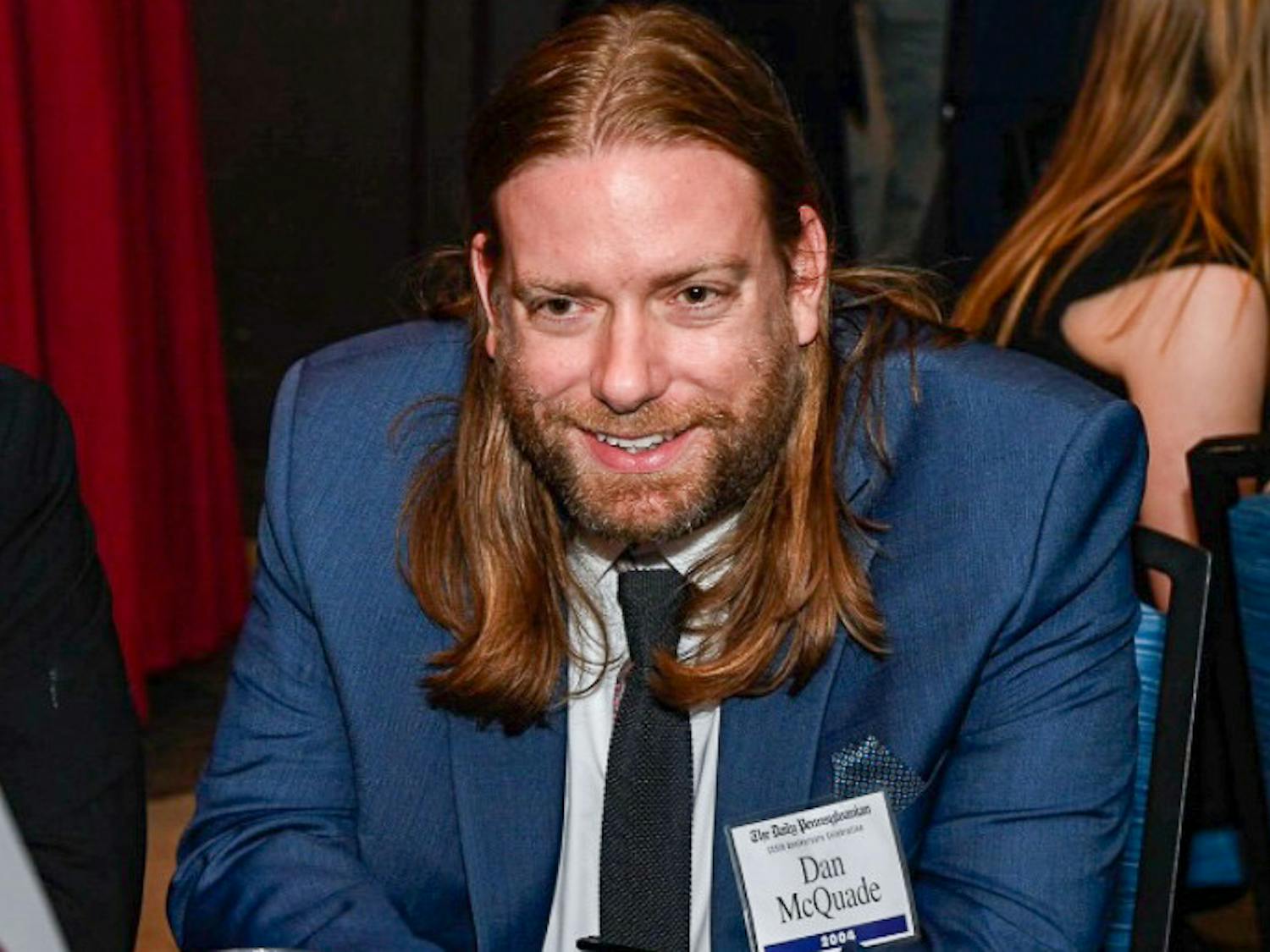Procrastinating college students around the world lost their go-to source of information on Wednesday.
Wikipedia, Reddit, Wordpress and other prominent websites “blacked out,” or shut themselves down, in opposition to two bills aimed to combat online piracy — the Stop Online Piracy Act, which is going through the House of Representatives, and the PROTECT IP Act, which is being looked at by the Senate.
“This is an extraordinary action for our community to take,” Jimmy Wales, founder of Wikipedia, said in a statement. “We simply cannot ignore the fact that SOPA and PIPA endanger free speech both in the United States and abroad and set a frightening precedent of internet censorship for the world.”
SOPA and PIPA would allow copyright holders and the federal government to get court orders against sites involved with copyright infringement. The bills aim to punish sites that, for example, host illegal songs or link to those that do. Under the current proposals, courts may order companies to stop dealing with these infringing sites, require search engines to stop listing them and even force internet service providers to block them altogether.
The bills have garnered significant opposition among students and popular websites.
Just a few days ago, President Barack Obama issued a statement that he would not support SOPA, but PIPA is still going through the Senate, and both bills are currently being rewritten.
“There certainly is copyright infringement online, and copyright holders are concerned about revenue losses,” Legal Studies professor Kevin Werbach said. But “the purported cure” of SOPA is worse.
Werbach said the bills could raise issues of freedom of speech. Laws like this “tend to have unintended consequences,” he said, and may lead to a “chilling effect” on online speech.
Related
Sites such as Reddit and Wikipedia are against the bills because the bills allow for censorship of the entire sites due to a single link that violates copyright laws. Reddit said in a statement that “piracy will still exist” after the act, but “the internet in the U.S. will have entered the realm of federal regulation and censorship.”
Similarly, Wikipedia said in a statement that “knowledge has to be published somewhere for anyone to find and use it. Where it can be censored without due process, it hurts the speaker, the public and Wikimedia.”
Many members of the Penn community are also against the passing of the legislations.
Chris Mustazza, director of Social Science Computing and Student Technology, wrote in an email that he saw the issue as a case of privacy versus free speech, in which a delicate balance had to be struck.
He said that “technical regulation” such as SOPA and PIPA would not be very effective without popular social support. He said the Wikipedia blackout is a great way to “spread awareness about the issue” and to show people “what living in a country with significant internet censorship would feel like.”
Werbach saw the Wikipedia blackout as a symbolic measure as well, but said it will be good to inform people about the subject.
“One issue is just the awareness level,” he said. “There are a lot of online users who have no idea this debate is going on.”
Penn students had mixed reactions to the one-day shutdown of some of the most popular online sites.
Beck Lu, an exchange student from Hong Kong, said the blackout could be effective, but “a lot of users may find it inconvenient.”
Wales joked on Twitter that students “should do their homework early.”
College freshmen Andrew Azzam and Nikhil Menezes, who both use Reddit avidly, saw the temporary suspension of one of their favorite websites as a “necessary sacrifice to spread awareness about this important issue,” Azzam said.
“It should always go without saying that any censorship of free speech as egregious as SOPA and PIPA shreds both our constitutional rights and our most fundamental sensibilities as a free people,” Wharton junior Patrick Leahy wrote in an email.
English professor and co-founder of PennSound Charles Bernstein blacked out Penn’s 24-hour online poetry stream today in order to symbolically support the efforts against the bills, even though SOPA would not directly affect his website.
He wrote in an email that the acts would “stifle innovation and block access to information.” He portrayed the two acts as slippery slopes to government censorship. For him, they are a way for “large corporate interest … to privatize knowledge: to gobble it all up (whether it is theirs or not) and sell it.”
“Don’t let Big Brother get away with this one,” he wrote.








